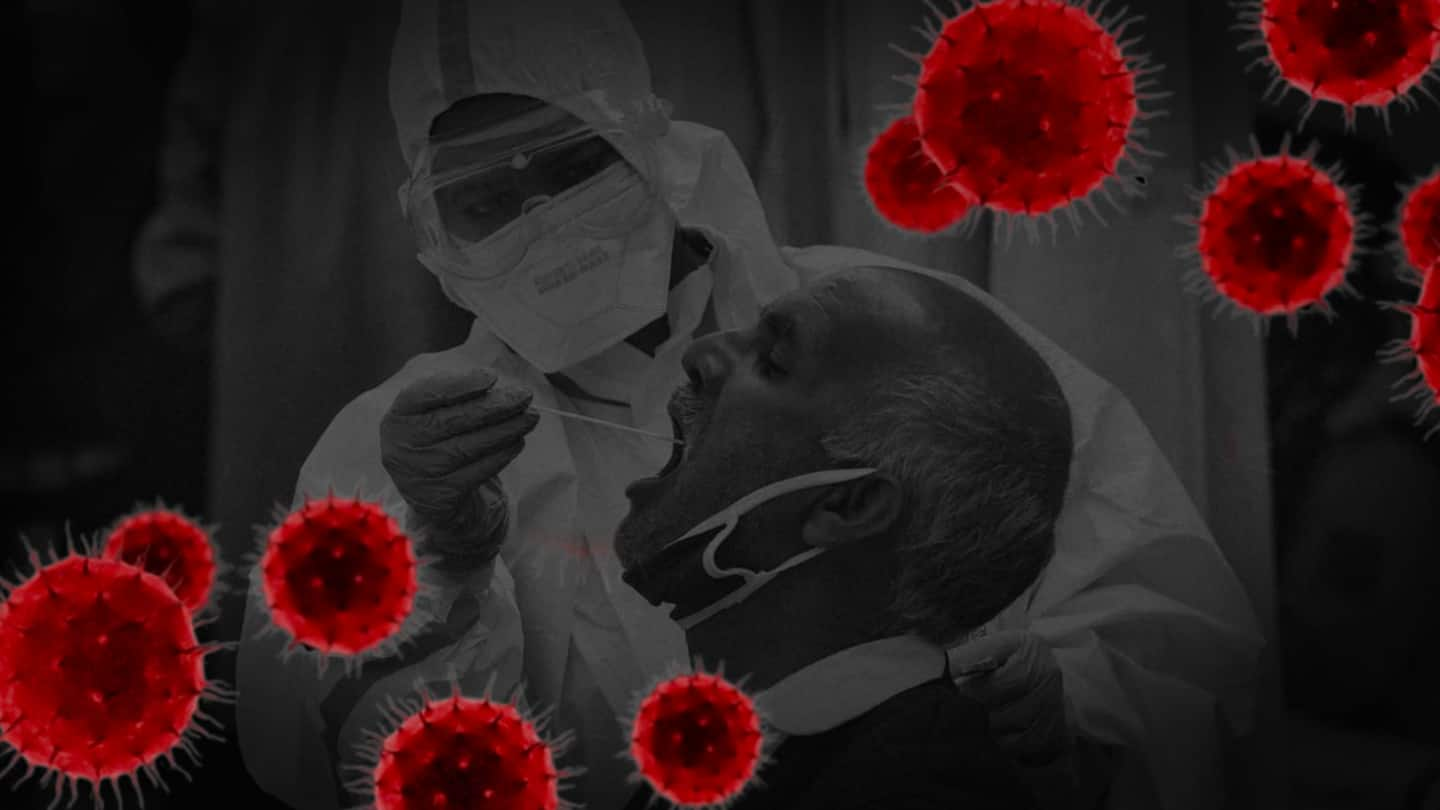
COVID-19: WHO hasn't associated B.1.617 variant with India, says government
What's the story
The B.1.617 variant of coronavirus, associated with the pandemic's second wave in India, has not been termed as an "Indian variant" by the World Health Organization (WHO), the Union Health Ministry sought to highlight on Wednesday. The statement came as the Ministry objected to news reportage on the WHO classifying the B.1.617 variant as a "variant of concern." Here are more details.
Health Ministry
Reports referring to B.1.617 as 'Indian variant' unfounded: Health Ministry
The Health Ministry said that reports referring to B.1.617 variant as the "Indian variant" are "without any basis, and unfounded." "This is to clarify that WHO has not associated the term 'Indian Variant' with the B.1.617 variant of the coronavirus in its 32-page document," the Ministry said, "In fact, the word 'Indian' has not been used in its report on the matter."
Information
'WHO does not identify variants with names of countries'
The official Twitter handle of the WHO Southeast Asia region stated, "WHO does not identify viruses or variants with names of countries they are first reported from. We refer to them by their scientific names and request all to do the same for consistency."
WHO
B.1.617 classified 'variant of concern'; found in 44 countries
The B.1.617 has "increased transmissibility," the WHO said on Tuesday, adding that it has been found in 44 countries. Dr. Maria Van Kerkhove, the WHO's technical lead for COVID-19, said, "As such, we are classifying this as a variant of concern at the global level." B.1.617 had been listed as a "variant of interest" by the WHO thus far.
Report
B.1.617.1 variant accounted for 21% of sequenced samples in India
However, the WHO in its weekly epidemiological update on the pandemic had noted, "Viruses in the B.1.617 lineage were first reported in India in October 2020." The health agency said that B.1.617.1 and B.1.617.2 accounted for 21% and 7% of sequenced samples from India, respectively. Only about 0.1% of positive samples in India have been sequenced and uploaded to GISAID, it added.
Variant
What is B.1.617?
The B.1.617 lineage was first detected in India with L452R, D614G, and P681R mutations (may also include E484Q, Q107H, T19R, del157/158, T478K, D950N). It was first reported last October and was only acknowledged by India's Health Ministry in late March this year. The government initially downplayed the variant, even as experts argued that B.1.617 is responsible for India's brutal second wave of COVID-19.